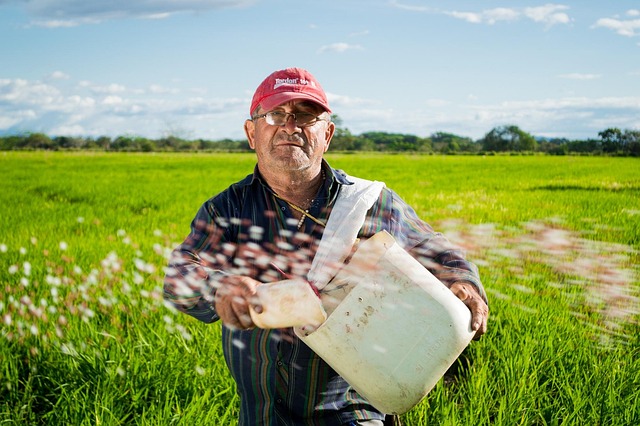Urban living often comes with its own set of challenges, especially when it comes to connecting with nature. With the hustle and bustle of city life, it can seem nearly impossible to cultivate a little green oasis that not only benefits you but also your community. However, creating an urban garden can pave the way for more than just homegrown veggies; it can forge friendships and strengthen community bonds. Let’s explore how you can transform your concrete surroundings into a vibrant eco-friendly garden.
The Importance of Environmentally Friendly Gardening
With climate change becoming more of a pressing concern, sustainable gardening practices are essential. Urban gardens can serve as important green spaces in a city, helping to combat air pollution, reduce the urban heat island effect, and promote biodiversity. They’re not only delightfully aesthetic; they’re a critical component of environmental stewardship.
Choosing the Right Space for Your Urban Garden
Every inch counts in an urban setting! Whether you have a backyard, a patio, or even just a balcony, there are ample opportunities to start an urban garden. Vertical gardens, container gardening, or using community plots can help you maximize your available space. When planning your garden, think about what plants you want to grow. Opt for eco-friendly options, such as native plants that require less maintenance and are better adapted to your local climate.
Growing Together: Gardening with Friends
One of the best parts of having an urban garden is the opportunity it offers to connect with friends and neighbors. Gardening is a fulfilling activity that can bring people together, allowing for shared experiences and learning opportunities. You can start a community garden, where everyone plays a role in maintaining the space. This not only cultivates delicious fruits and vegetables but also strengthens bonds through teamwork and collaboration.
Eco-Friendly Practices in Your Urban Garden
To ensure your urban garden thrives while being gentle on the planet, incorporate eco-friendly gardening practices. Using organic fertilizers, rainwater collection, and composting are essential practices for a sustainable garden. Additionally, planting perennials can provide long-term yields without the need for replanting each season. Native plants and herbs not only attract pollinators but can also provide companionship for your vegetables in a technique called companion planting.
Connecting with Nature in the City
Gardening allows you to reconnect with nature amidst the concrete jungle. The simple act of tending to plants can be therapeutic, helping to reduce stress and bring joy into your life. Plus, the rewards of your labor can also benefit your friends and community. Sharing surplus produce can foster goodwill and create a sense of camaraderie that is often absent in urban settings.
Hosting Gardening Events
Why not take it a step further? Organize monthly potlucks featuring dishes made with ingredients from your urban garden. Host workshops where friends can learn how to grow their own plants. These gatherings not only celebrate the fruits of your labor but also cultivate a culture of appreciation for sustainable living, connecting more people to nature and fostering friendships through shared experiences.
Final Thoughts
Creating an urban garden is more than just growing food; it’s about cultivating connections with nature and your community. By integrating eco-friendly practices and taking the initiative to involve friends, you can transform your urban dwelling into a thriving green sanctuary. So grab your gardening tools, invite your friends, and let’s grow together!




